The complete guide to home viewing
Get Screen Gab for everything about the TV shows and streaming movies everyone’s talking about.
You may occasionally receive promotional content from the Los Angeles Times.
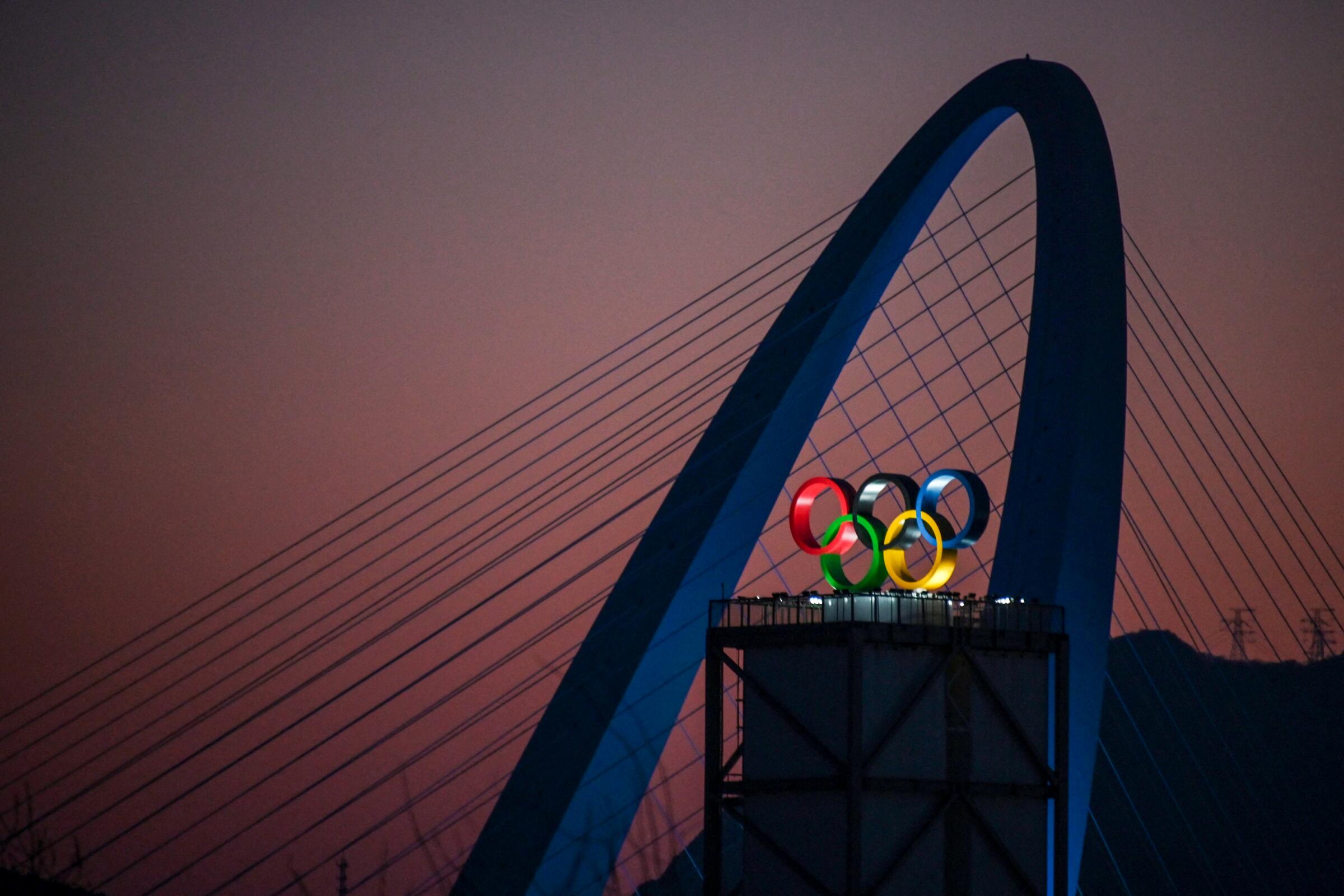
A 16-hour time difference. An overloaded schedule spread across a complex array of channels. Disappointing performances from star athletes. Miserable weather. A resurgent pandemic. Empty stands. Political controversy. Social media spoilers.
NBCUniversal’s broadcast of the Tokyo Olympics last summer had numerous inspirational triumphs courtesy of gymnasts Simone Biles and Suni Lee, swimmer Katie Ledecky, sprinter Allyson Felix and several others.
But the highlight reel was accompanied by a flurry of complaints, with viewers expressing exasperation and confusion with the maze of viewing options across NBC, Peacock, USA Network, the Olympic Channel and other broadcast, cable and streaming platforms, making it difficult to pinpoint events. NBC’s primetime broadcast one evening showed a rugby match while top tennis star Naomi Osaka was playing live on the Olympic Channel.
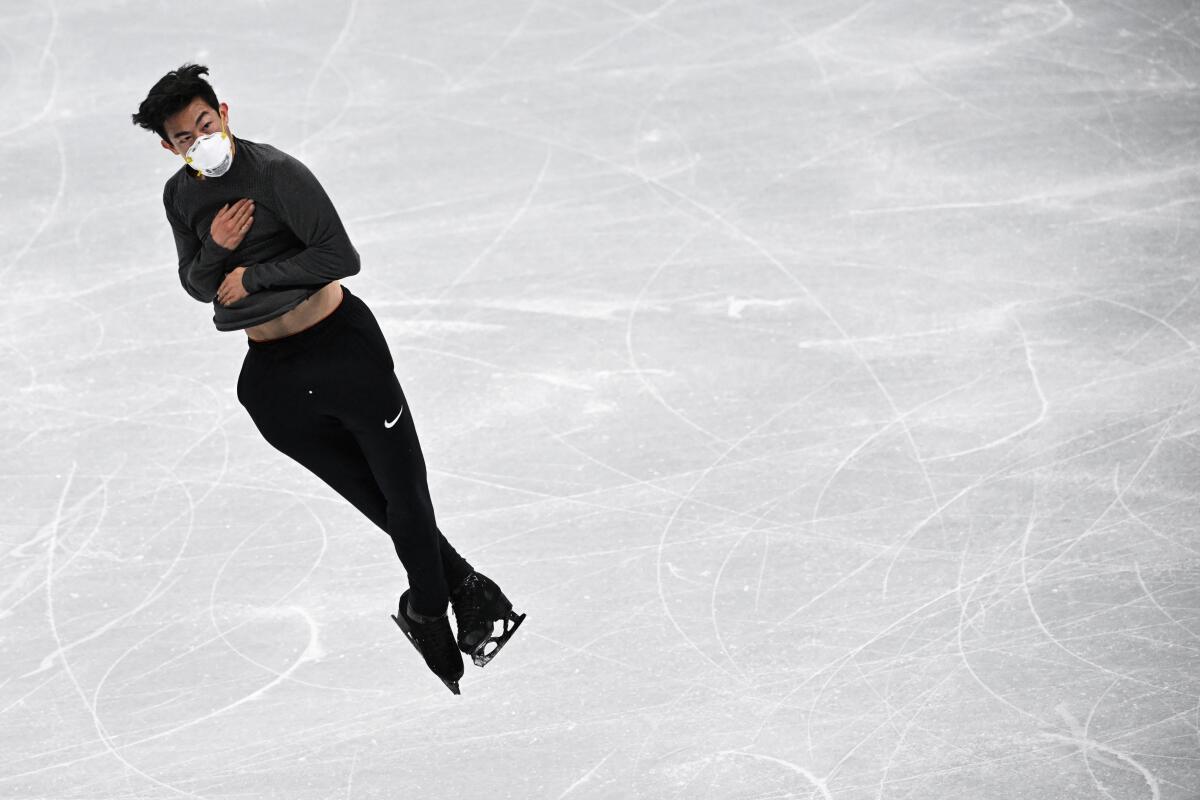
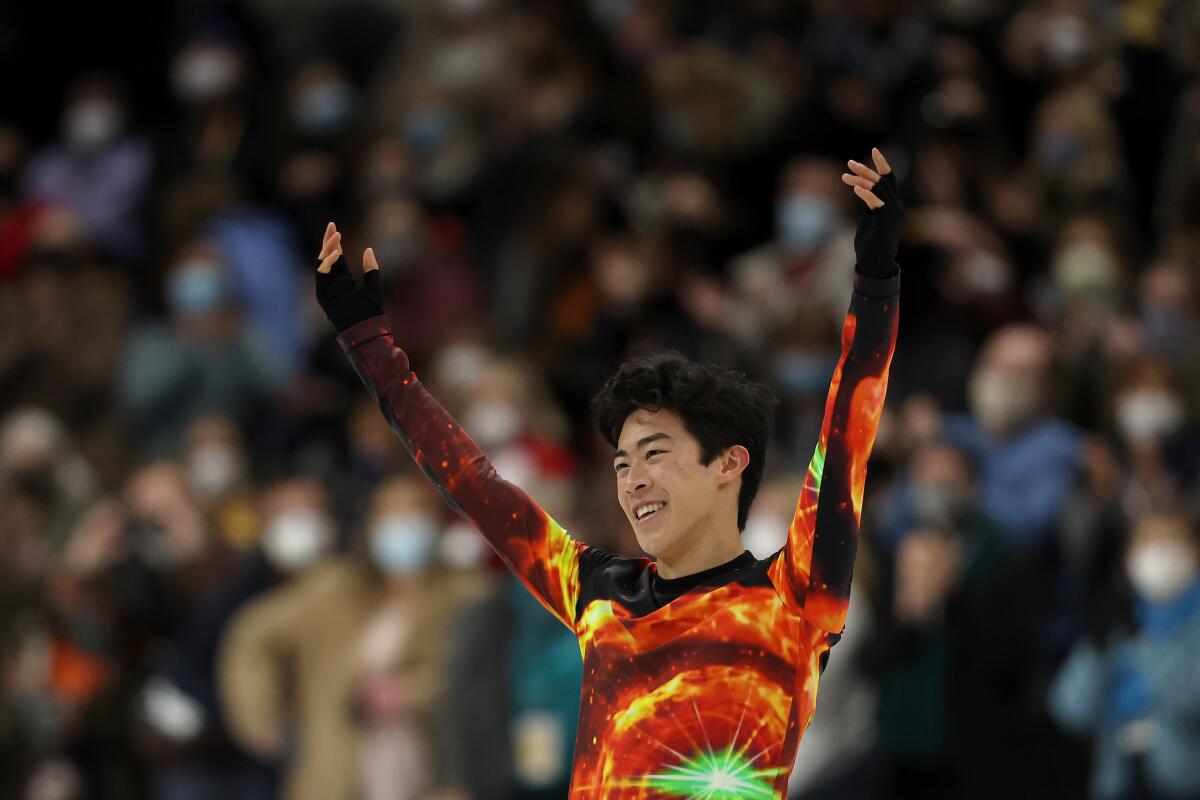
Between tape delays, weather-impacted outdoor contests and news alerts about results, watching the Olympics came to feel like running the 110-meter hurdles.
Then there were the broader challenges, both long-looming and unforeseen: a crisis of legitimacy surrounding the International Olympic Committee, Biles’ sudden withdrawal from competition because of mental health issues and racist abuse hurled at stars like Biles, Osaka and Lee.
Beginning Thursday, however, NBC has an unlikely shot at redemption: Just six months after the Tokyo Games, the Winter Olympics in Beijing provides an opportunity to smooth out the rough spots in the viewing experience with new strategies — even as other difficulties, such as the Omicron surge and China’s human-rights abuses, encroach on the Games’ message of unity through sport.
The Times TV team discusses watching an often deflating, thoroughly chaotic Olympics — and why NBC’s approach to televising it is part of the problem.
“The upside of getting to do an Olympics a couple of months after another is that you immediately get to really listen to the viewer feedback and our own critique of ourselves and our presentation, and we really focused on making the thousands of hours we produce more intuitive and findable,” Molly Solomon, president and executive producer of NBC Olympics Production, said in a presentation laying out plans for the coverage.
The most significant shift — and the one likely to be most appreciated by Olympic fans —will take place on Peacock, which will stream all events live and on demand. A section of the streamer’s home page will be dedicated to the Olympics, and the platform will feature an Olympic hub with comprehensive daily schedules, live events, replays, curated highlights, exclusive daily shows and original documentaries. (These features are available to subscribers of Peacock’s premium tier, which costs $4.99 a month or $49.99 per year.)
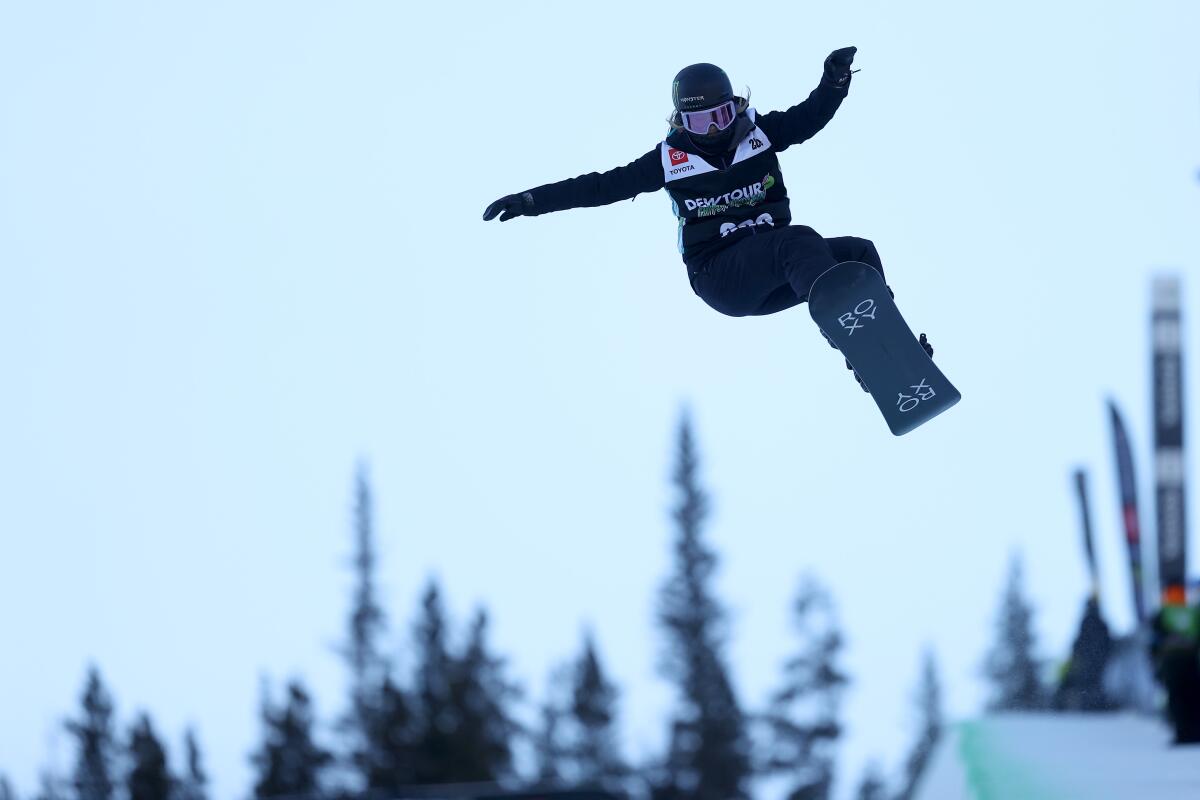
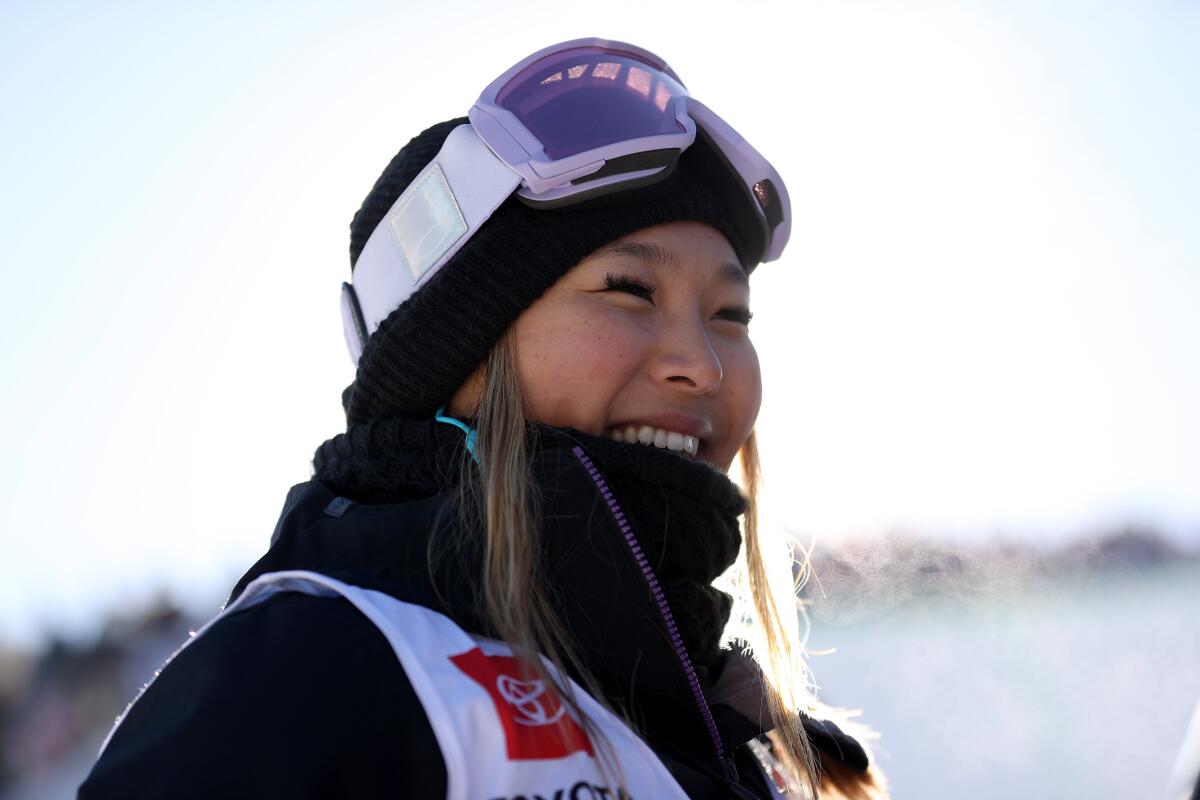
“I think we learned some valuable lessons in Tokyo,” said NBC Sports Chairman Pete Bevacqua. “We’re proud of ... all the hours of content we had, but I would tell you, I would be the first to admit we realize we had to make it easier for the viewer to navigate that, to digest the amount of Olympic content. And I think one of the great things about Peacock is people will know that is your safety net, your home for all things Olympics.”
The website NBCOlympics.com has also been customized. Viewers will be able to find schedules, platforms and information for all events. Studio segments will also have tickers reminding viewers of coming events and where they are being shown.
More than 2,800 hours of coverage of the Beijing Games, which is smaller and more intimate than the Tokyo Games, kicks off on the eve of Friday’s opening ceremony with a live team figure skating competition. (Prime-time coverage, or “Prime Plus,” will be live across the country in all time zones.) The broadcast of the opening ceremony will be shown live Friday morning on NBC and Peacock and again during NBC’s prime time with an enhanced presentation that will focus on Team USA.
Because of COVID-19 protocols, play-by-play announcers will be based at NBCUniversal’s studio in Stamford, Conn. The same remote strategy was used for the Tokyo Games.
“Again, we’ve gone through this, rightly or wrongly, for good or for bad,” said Bevacqua. “We’ve been dealing with live sports during a pandemic for 18 months, including the Summer Olympics in Tokyo. So this team is tested. This team is ready. There are plenty of operational challenges. You can’t be caught flat-footed. You have to understand that you are going to call audibles along the way.”
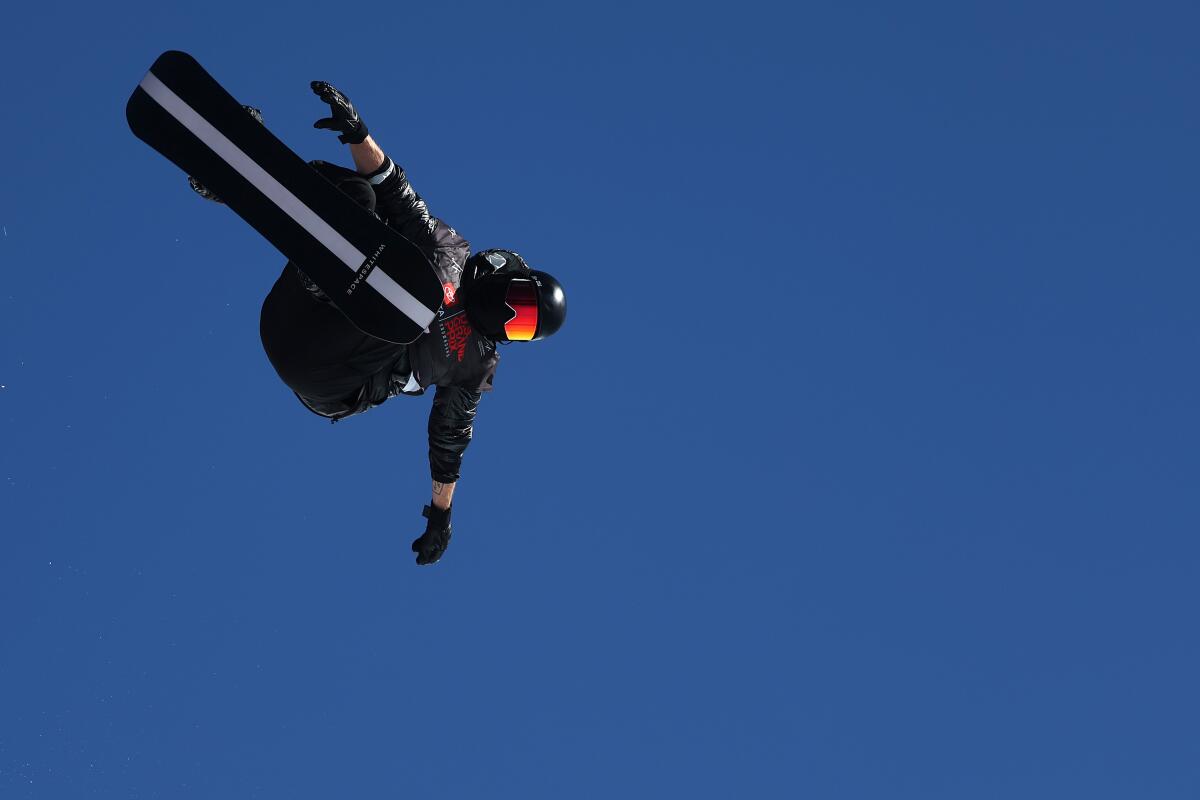
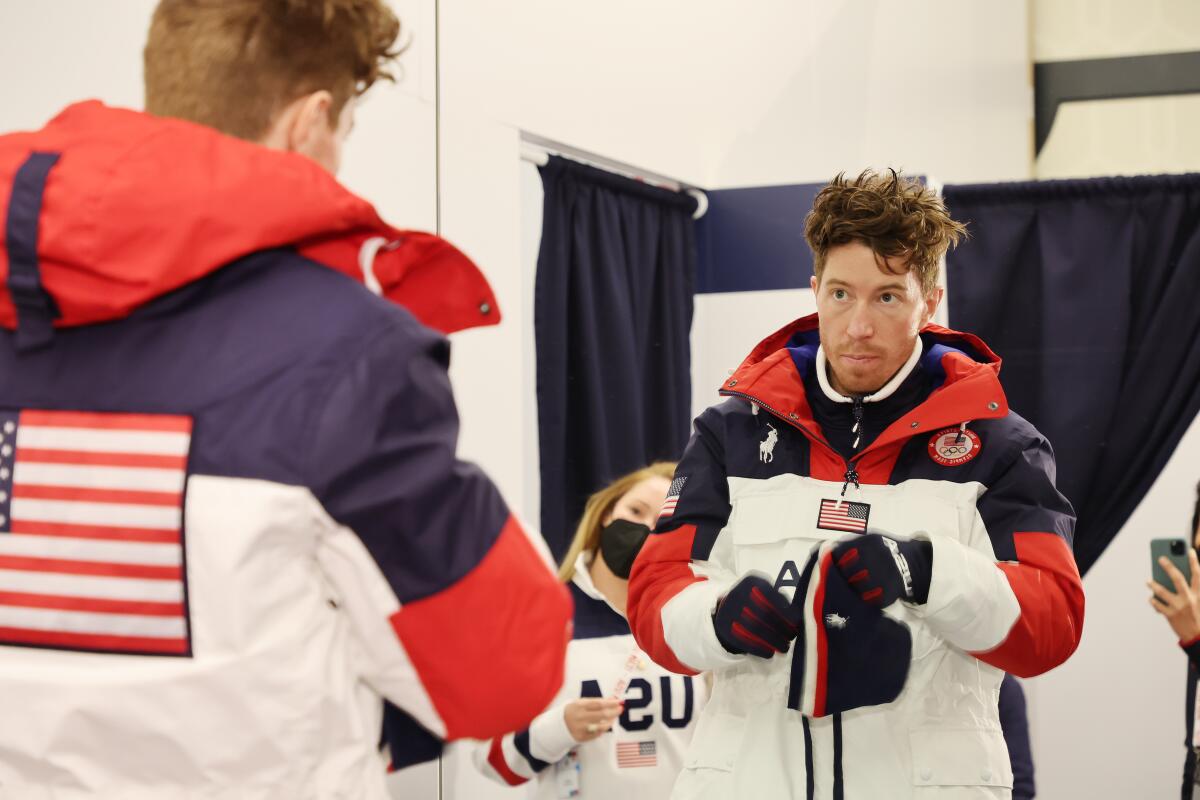
Among the marquee athletes NBC is promoting to generate interest are figure skater Nathan Chen, snowboarders Shaun White and Chloe Kim, alpine skier Mikaela Shiffrin and freestyle skier David Wise. The rivalry between the U.S. and Canadian women’s hockey teams is also being spotlighted.
Similar to Tokyo, the Games are taking place in an environment of political controversy, albeit of a different tenor. Human-rights groups have criticized the IOC for holding the event in China, which is accused of persecuting Uyghur Muslims and other ethnic minorities, while also cracking down on political opposition and free speech in Hong Kong. The U.S and its closest allies are staging a diplomatic boycott of the Games, by holding back their official delegations from attendance.
“The world, as we all know, is a really complicated place right now, and we understand that there are some difficult issues regarding the host nation,” Solomon said. “Our coverage will provide perspective on China’s place in the world and the geopolitical context in which these Games are being held. But the athletes do remain the centerpiece of our coverage.”
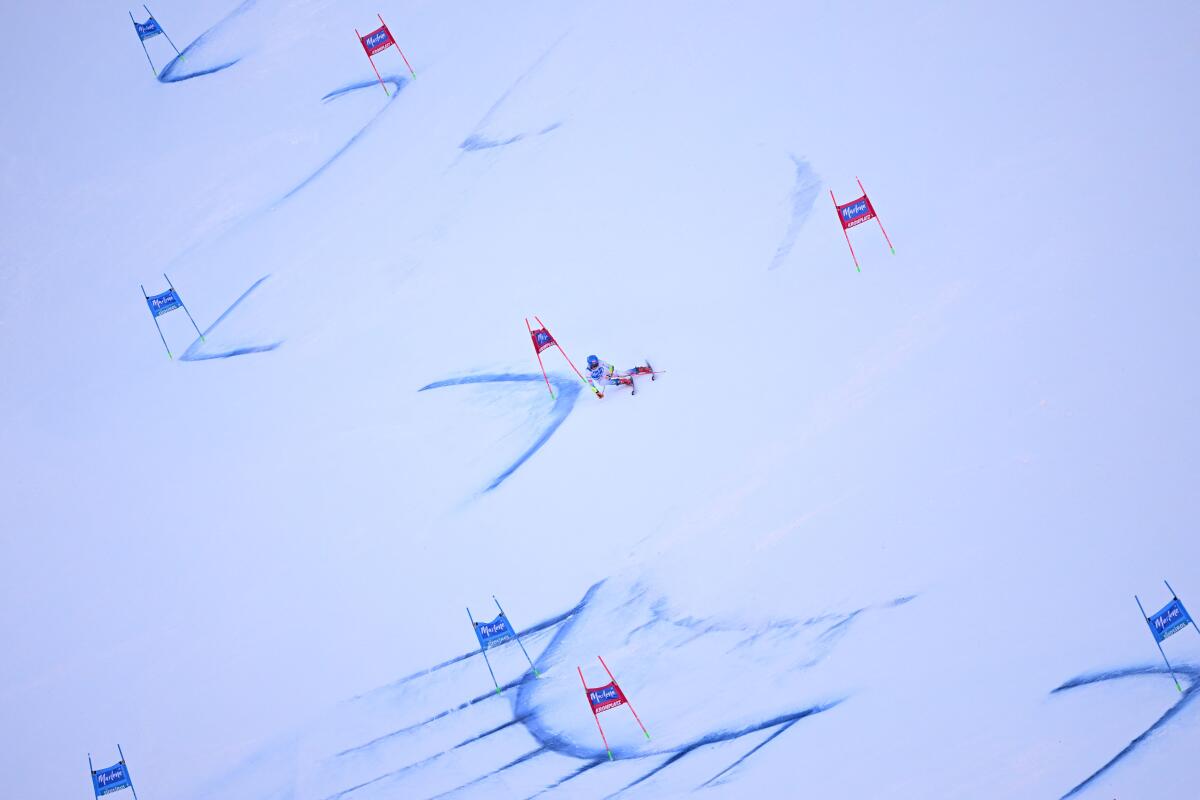
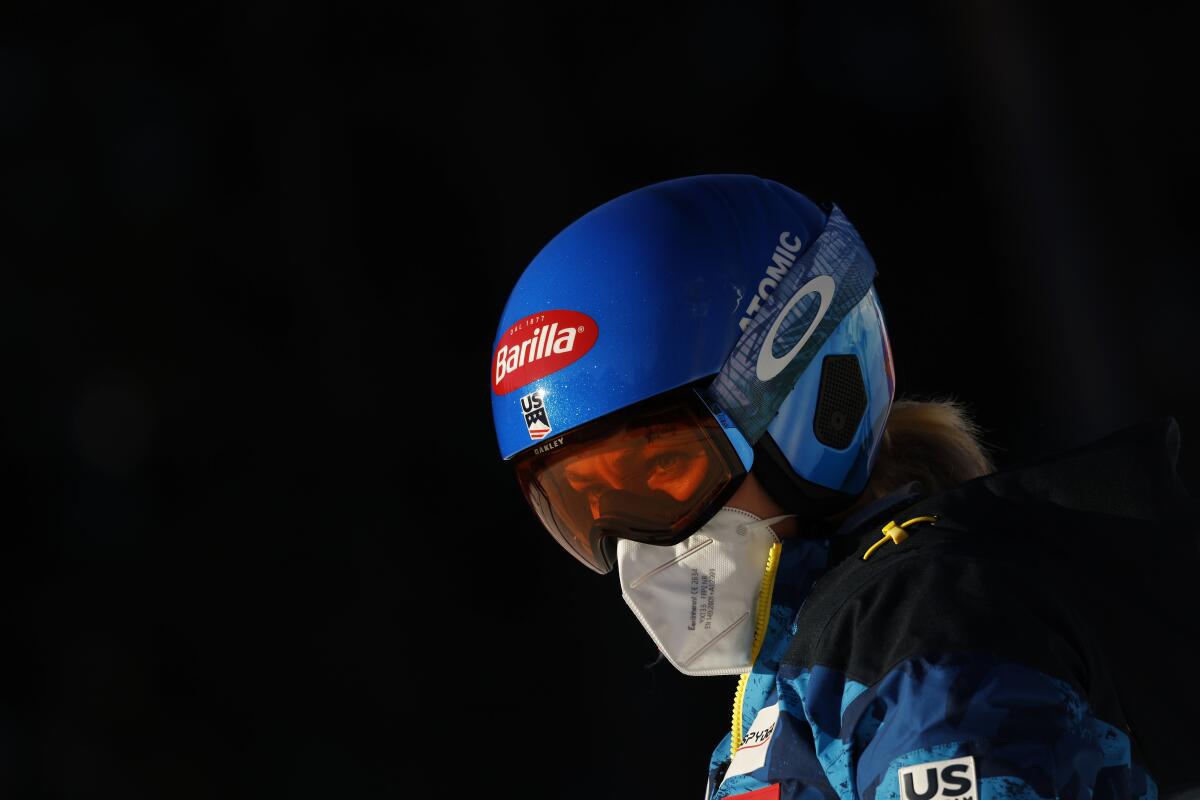
Two Beijing experts have been recruited to provide political perspective and analysis. Andrew Browne, editorial director of the Bloomberg New Economy Forum and former China editor at the Wall Street Journal, will be joined by cultural historian Jing Tsu, a professor of China studies at Yale. NBC News will be on site, and the network’s Beijing bureau will also be providing reports.
As in Tokyo, international fans and families of athletes are not allowed to attend. Coverage of the events will include cutaways to watch parties in Lake Placid, N.Y., Park City, Utah and other locations, and crews will cover families of Team USA athletes watching at home.
The capstone of the coverage will be the extra boost of attention certain to come from NBC’s broadcast of the Super Bowl on Feb. 13, in the middle of the Olympics, giving the network simultaneous sports spectacles that will likely be among the most widely watched events of the year.
Does enjoying the spectacle of the Olympics mean ignoring the issues they raise? The Times TV team explores how facing reality could help the Games.
Dubbed “Super Gold Sunday,” live Olympics coverage will precede the network’s Super Bowl festivities. Two live gold medal finals — freestyle skating and women’s “monobob” bobsled — immediately follow the Super Bowl.
“The fact that we can have the two biggest events in all of sports in the Super Bowl and the Winter Olympics really on top of each other is a great opportunity,” Bevacqua said. “If we can’t get excited for that, we are probably in the wrong business.”
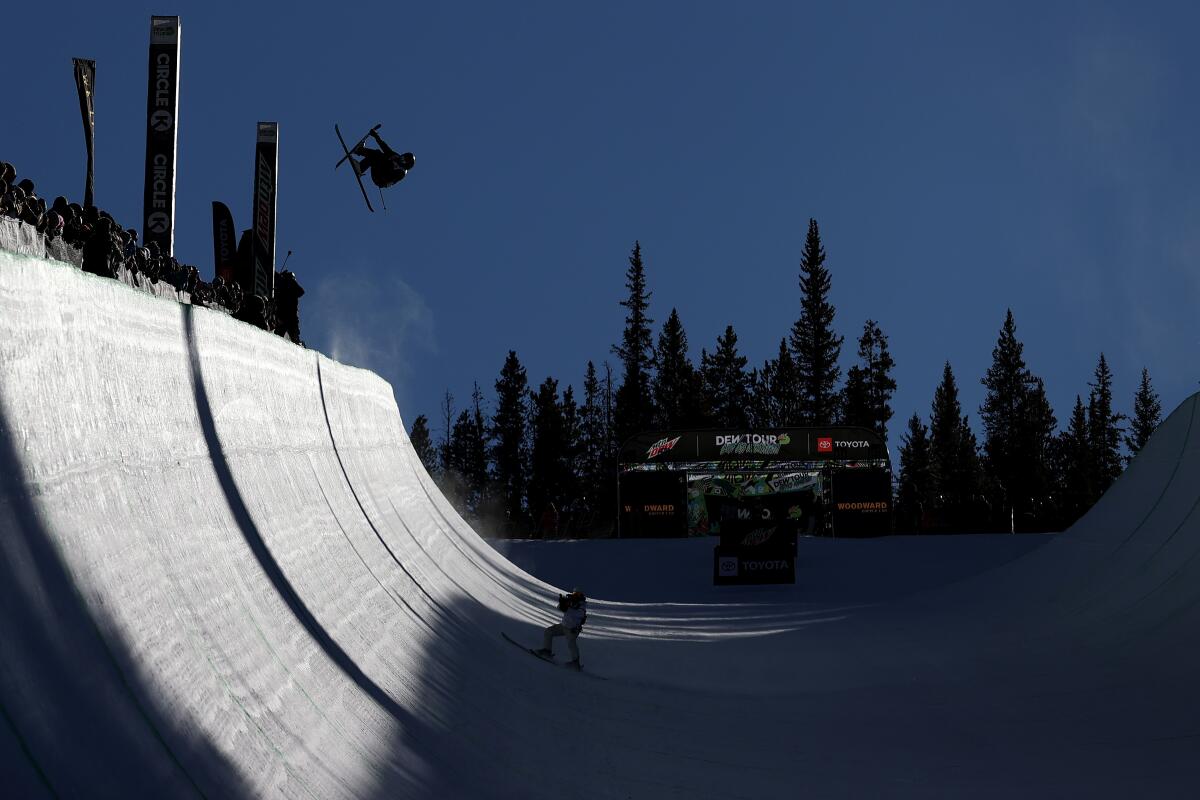

The complete guide to home viewing
Get Screen Gab for everything about the TV shows and streaming movies everyone’s talking about.
You may occasionally receive promotional content from the Los Angeles Times.